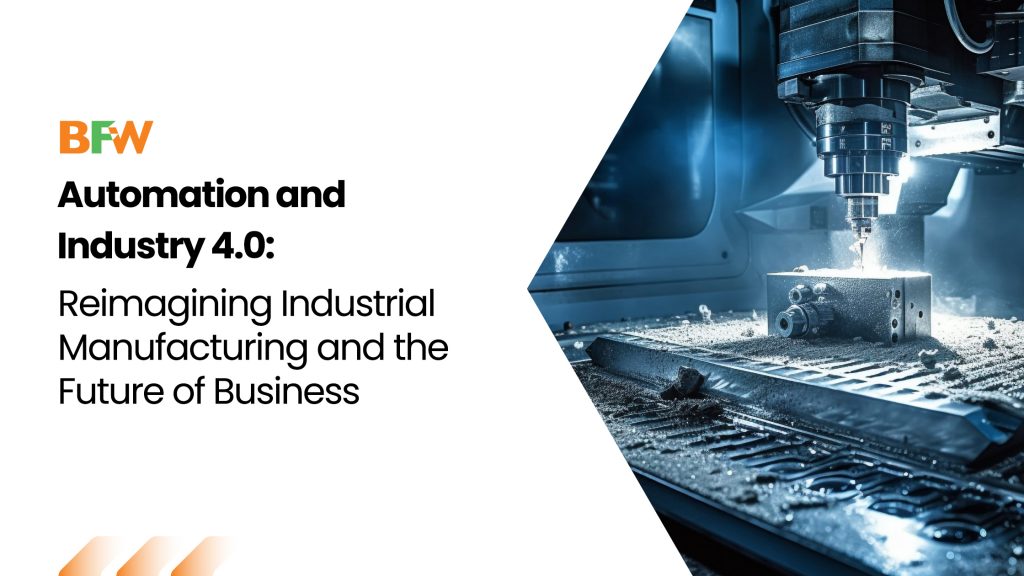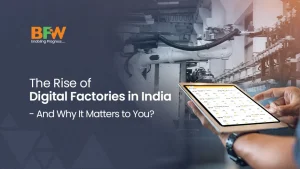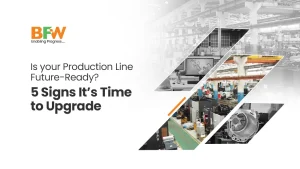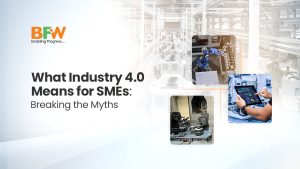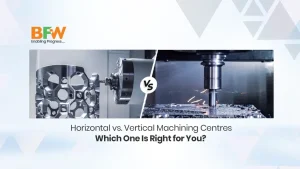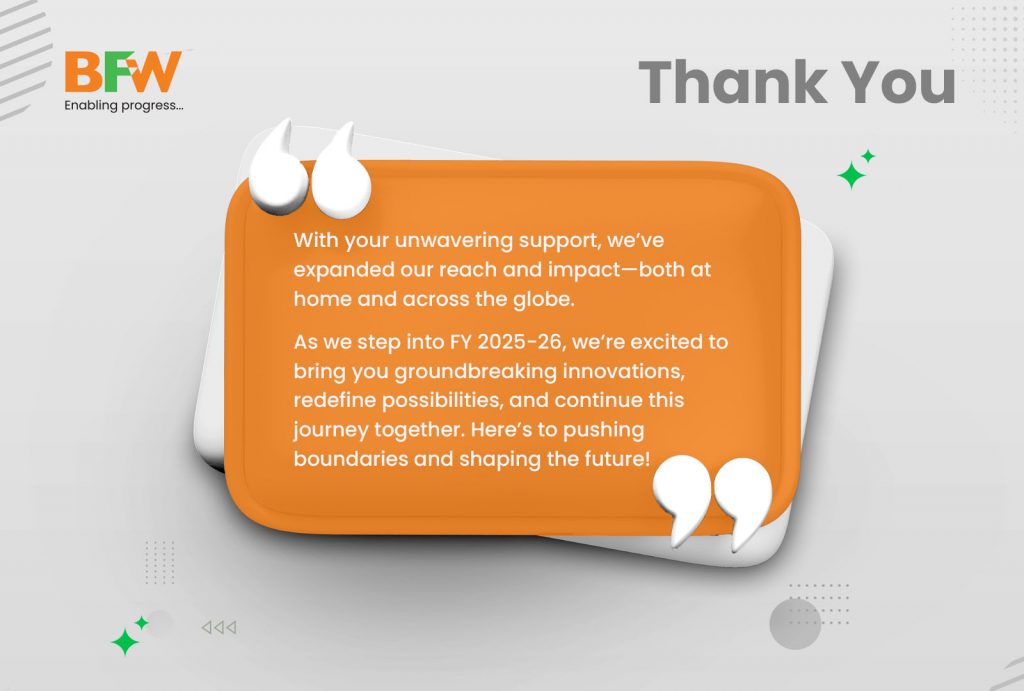Automation and connectivity have become increasingly important in the machine tool industry. Machine tools are being integrated with advanced sensors, Internet of Things (IoT) capabilities, and data analytics to enable real-time monitoring, predictive maintenance, and optimization of machining processes. This integration aligns with the principles of Industry 4.0, where machines communicate and make decisions autonomously.
A shift beyond basic mechanization
Automation in the machine tool industry has progressed beyond basic mechanization to become a multidimensional ecosystem in which machines, software, and data coexist together.
Among the significant and foundational technological advancements are:
| Connectivity, data, computational power SensorsInternet of ThingsCloud technologyBlockchain | Analytics and intelligence Advanced analyticsMachine learningArtificial intelligence |
| Human-machine interaction Virtual and augmented realityRobotics and automation | Advanced engineering Additive manufacturingRenewable energyNanoparticlesDigital twin technologies |
Industry 4.0 — changing the manufacturing ecosystem
Industries and businesses are adopting automation and Industry 4.0 at varying rates and in different ways.
For example, industries with a high level of product variants, such as automotive, are taking advantage of the increased flexibility offered by automation, thus gaining higher productivity.
In contrast, industries that demand high quality and precision, such as semiconductors and pharmaceuticals, are benefiting from data-analytics-driven improvements that reduce error rates.
Manufacturers evolving their product and service offerings leveraging the automation revolution are gaining a competitive edge. Case in point, in 2019, Bharat Fritz Werner (BFW) formed a subsidiary, m2nxt Solutions, to provide smart manufacturing capabilities—automation, process engineering, and IoT solutions—enabling the Industry 4.0 ecosystem for the company to serve its customers.
Industry 4.0: Opportunities and key drivers of automation in industrial manufacturing
The benefits and advantages of automation are helping the manufacturing industry accelerate goal setting and business achievements. Some of the noticeable drivers and positives of automation on industrial manufacturing are:
Interconnectivity: The interconnection enabled by automation and technology allows a comprehensive perspective of activities, allowing for fast decisions and modifications. For example, the Internet of Things (IoT) and sensor technology have enabled devices, machines, and systems to communicate and share data in real time.
Transparency of information: The digital transformation has resulted in the development of massive amounts of data. Advanced analytics and AI algorithms assist businesses in deciphering useful insights from this data, allowing them to optimize processes, foresee maintenance needs, and make informed decisions.
Technical assistance: Human-machine collaboration has reached a new degree of sophistication. For example, augmented reality (AR) and virtual reality (VR) provide real-time information and assistance to workers, boosting their capabilities and decreasing the risk of errors.
Decentralized decision-making: With smart systems and AI in place, choices at various stages of the manufacturing process may be made automatically. This eliminates the need for centralized decision-making and allows for speedier reactions to changing circumstances.
Product and manufacturing lifecycle integration: Combining the physical and digital worlds allows for the seamless integration of the whole value chain from design to realization, all while optimizing with a constant flow of data. Digital enterprises have the opportunity to harness the limitless power of data by getting important insights to make quick and confident decisions; thus allowing production of best-in-class products through efficient manufacturing.
Cost efficiency: According to a recent study by Boston Consulting Group, eliminating the “automation gap” can result in labor and quality gains that lower conversion costs by up to 25%. Automating parts of manufacturing processes—those that do not require human intervention or judgment—helps reduce labor costs. This allows human intelligence to be leveraged in acquiring new skills as needed.
Improved productivity: Manufacturers can automate data collecting by adding sensors or directly tapping into machines’ programmable logic controllers (PLCs) to collect data and show it on live dashboards using digital solutions. The collection of Big Data becomes useful for identifying patterns and improving systems.
Improved safety: The production line can delegate dangerous duties to machines and/or robots. Furthermore, advanced comprehensive security measures can be built for equipment, components, people, and systems. For example, robots have taken center stage, automating operations such as material handling, part loading and unloading, and even sophisticated assembly procedures. This integration decreases the need for human intervention, increases output, and improves worker safety.
Higher control on performance management: Automation technologies provide for exact control of machine operations, transforming complicated ideas into actual components with unrivaled precision. It also enables predictive maintenance, reducing downtime and optimizing operations.
Improved speed: Automation has reduced the time spent processing information. The systems used for automation have a considerable capacity for storing and managing data obtained from processes. In addition, optimization can take place without interfering with production—process refinement leading to a reduced time-to-market.
Sustainability potential: To achieve net zero, businesses must rethink their operations industry by industry in order to decarbonize and do more with less while increasing their bottom line. It’s time to get started and increase effect across the whole value chain through data transparency and engagement with your partner ecosystem.
Higher flexibility: Unlike basic or manual mechanization that requires human machine operators to add or change jobs, robots or machines can be reconfigured and accurately programmed, improving flexibility, and lowering process execution and response time.
Scalability advantage: Automation allows standardization and automatic redesign of industrial manufacturing procedures to provide consistency and accuracy while operating 24/7. As a result, productivity, capacity, and process quality have increased, while errors and downtime costs have decreased.
Transformed workforces: While there are concerns about job displacement, Industry 4.0 brings new opportunities for worker upskilling and redeployment into more strategic and creative roles.
Sustainability opportunities: The advanced technologies and innovation of Industry 4.0 and automation enable more sustainable manufacturing practices compared to conventional approaches. The above factors help promote responsible growth via higher efficiency, lower waste, and more meaningful use of resources.
Staying focused on automation and Industry 4.0
In summary, the goal of automation and Industry 4.0 is to establish a blending of technical growth and human beings—people and machines complementing each other’s activities rather than people being replaced.
Today’s manufacturing business leaders recognize that Industry 4.0 and automation technologies have the potential to reinvent their operations, revolutionize operational efficiency, and boost their competitiveness in ways other than productivity.
BFW and Industry 4.0
Complementing m2nxt, BFW’s smart manufacturing facility in Tamil Nadu, India, is a one-stop shop for all machining requirements. Its machine shop, a connected floor with digitalization and its own IRIS platform, is one of the earliest Indian initiatives, making BFW an Industry 4.0 compliant manufacturer.
Recently, BFW and xBEAM announced a collaboration in technology, manufacturing, sales, and customer services, to locally engineer, manufacture, and market xBeam’s Electron Beam Additive Manufacturing Technology.
In a press release on the collaboration, Ravi Raghavan, MD, BFW said, “Our collaboration opens doors for developing an array of industrial applications yielding a competitive advantage to customers in India and around the world. We are very excited about the future as Bharat Fritz Werner and xBeam both share a common vision of providing futuristic and customizable solutions to our markets.”
If you want to explore integrating automation and automated machine tools into your manufacturing processes, reach out to our experts at Bharat Fritz Werner (BFW).

